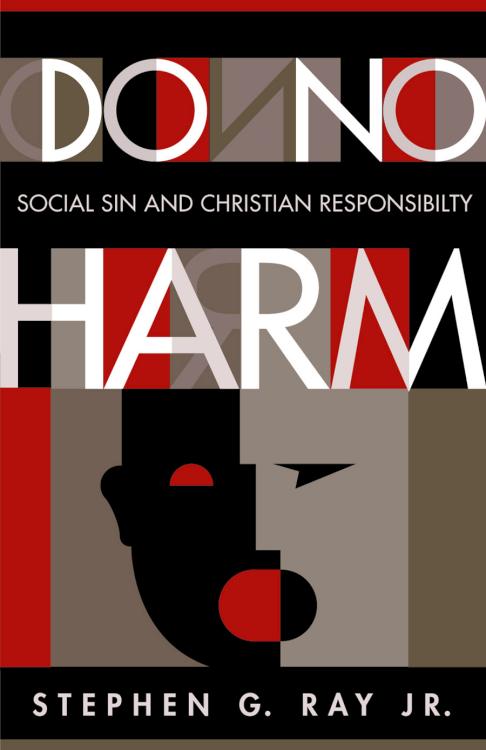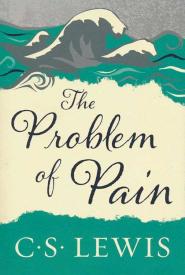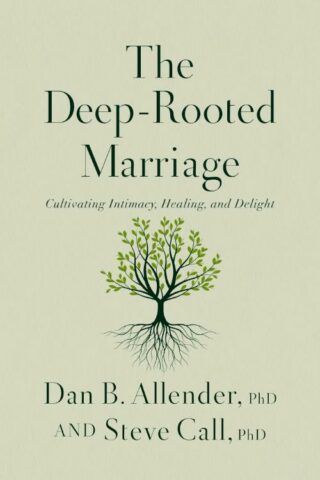Do No Harm
$40.00
Among the evils addressed by Christian theology, says Stephen Ray, must be the evil perpetuated by its own well-meant theologies. His important project examines the downside of the category of social sin, especially in theologians’ used of destructive stereotypes that have kept Christians from realizing and engaging the most pervasive social evils of our time–racism and anti-Semitism. To make his case, Ray examines problematic ways in which several theologians describe the reality of social evil. “Theologians,” he contends, “often unwittingly describe (social) sin in terms that may themselves be profoundly racist, sexist, heterosexist, anti-Semitic, and classist.” He contends that they must attend more carefully to the social evils deeply embedded in their own patterns of language and thought. Ray looks specifically to the work of Reinhold Neibuhr and Dietrich Bonhoeffer to document unintended consequences of theology’s oversights and then to Augustine, Luther, and Calvin to analyze the strains and strengths of traditional notions. Not only theologians and ethicists but also ministers and laity will benefit from Ray’s thoughtful reconsideration of the social stance of Christian theology.
in stock within 3-5 days of online purchase
SKU (ISBN): 9780800634971
ISBN10: 0800634977
Stephen Ray
Binding: Trade Paper
Published: November 2002
Publisher: Augsburg Fortress Publishers – 1517 Media
Print On Demand Product
Related products
-
Problem Of Pain
$17.99For centuries Christians have been tormented by one question above all — If God is good and all-powerful, why does he allow his creatures to suffer pain? C. S. Lewis sets out to disentangle this knotty issue but wisely adds that in the end no intellectual solution can dispense with the necessity for patience and courage.
Add to cartin stock within 3-5 days of online purchase
-
On Earth As In Heaven
$29.99Today’s leading Bible scholar, Anglican bishop, and acclaimed author N. T. Wright returns with a collection of pastoral excerpts, carefully curated from his widely celebrated books, that will inspire those wanting to cultivate a life “on earth as it is in heaven.”
Modern pastors and their flocks have long considered N. T. Wright a role model for being a thoughtful Christian in today’s world. His bestselling books, including Simply Christian, Surprised by Hope, Simply Jesus, and After You Believe, have guided Christians in their belief and practice of the faith. Now, Christians can rely on his wisdom to guide them through each day of their lives with this thoughtful book of daily meditations, featuring short selections from his classic works.
With reflections on themes such as faith, mission, character, and God’s work in the world, these daily meditations will invigorate and uplift Christians in their search to live their faith authentically and biblically in today’s world.
Add to cart2 in stock
















Reviews
There are no reviews yet.